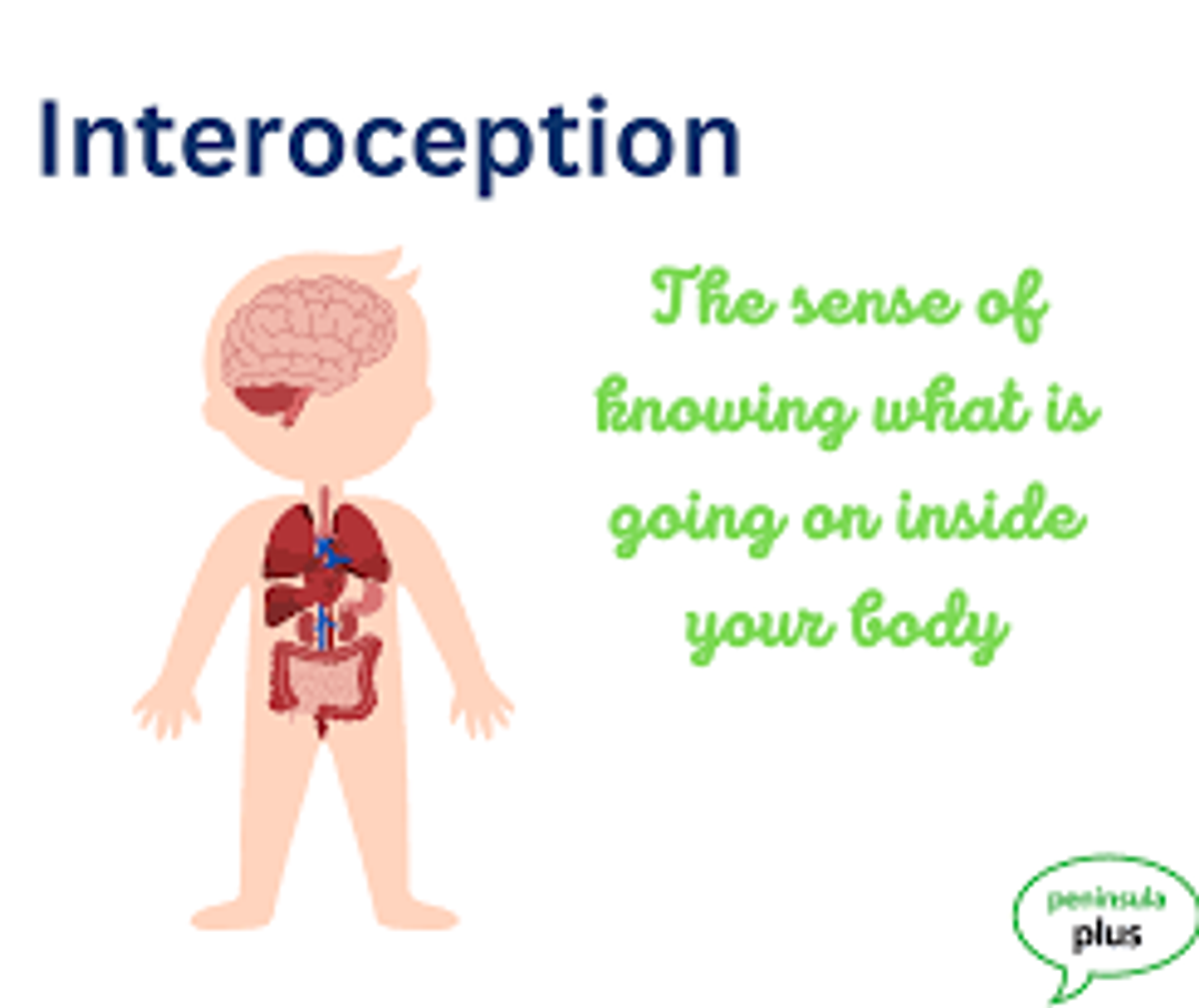From the Well Being Team

Supporting Student Wellbeing Through Interoception
At our school, we have been looking at Interoception and classes can incorporate these activities into their daily routines to support the wellbeing of all students—both neurodiverse and neurotypical. Interoception is often described as the body’s “internal sensory system.” It helps us recognise and understand internal signals such as hunger, thirst, needs, fatigue, or emotional states like anxiety or excitement.
Many students benefit from developing their interoceptive awareness, as it plays a vital role in emotional regulation, self-awareness, and readiness to learn. When students can better recognise what their bodies are telling them, they are more equipped to use strategies to calm themselves, seek help, or re-engage in learning tasks.
Interoception activities are short, practical exercises that focus on body awareness—such as breathing, stretching, or noticing how different parts of the body feel. These strategies are particularly helpful for students with sensory processing challenges, autism, ADHD, or anxiety, but they are equally beneficial for all students in managing stress, improving concentration, and building emotional resilience.
By making these strategies available in classrooms, we are creating a more inclusive and supportive learning environment where every student has the tools to better understand themselves, manage their emotions, and succeed both socially and academically.

